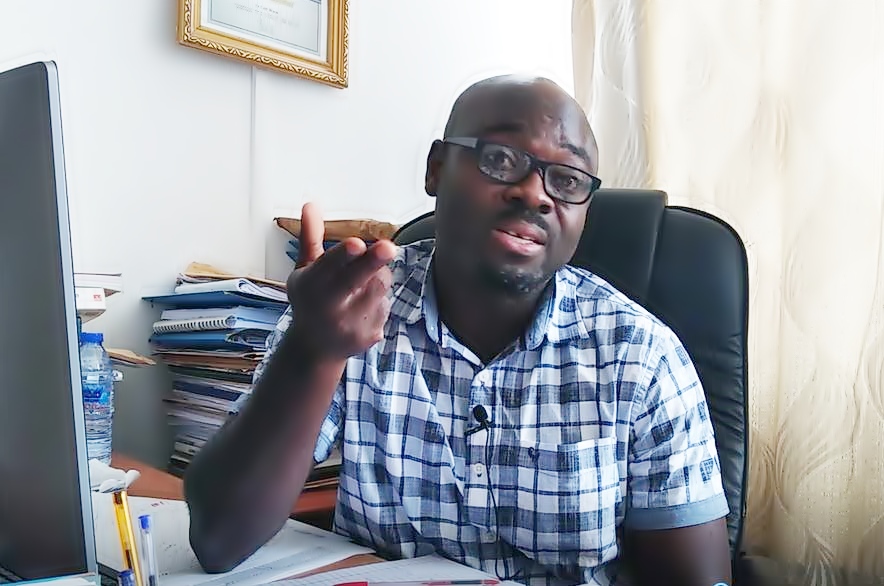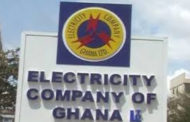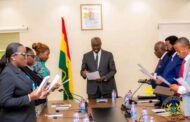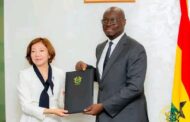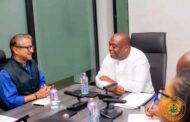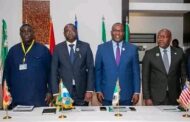Professor Lord Mensah, a renowned financial economist and lecturer at the University of Ghana Business School, has raised concerns about the disconnect between Ghana’s reported economic growth and the well-being of its citizens.
Speaking at a recent forum, he called for a more realistic and transparent approach to economic management, cautioning against the propagation of overly optimistic narratives.
“I will not tout Ghana’s economy as strong”, Professor Mensah stated, emphasizing that the country’s growth figures do not align with the living conditions of the average Ghanaian. He urged policymakers to focus on tangible improvements in citizens’ livelihoods rather than relying on economic indicators that fail to capture the full picture.
According to Professor Mensah, Ghana’s reliance on short-term financial instruments, such as treasury bills, to finance development projects is unsustainable.
“Treasury bills cannot be used to build infrastructure” he said, underscoring the limitations of such strategies in fostering long-term growth. He highlighted the need for innovative financing models that prioritize investment in critical infrastructure to drive economic transformation.
Addressing the country’s trade dynamics, Professor Mensah lamented Ghana’s underperformance in the export sector. Despite being rich in natural resources, the nation has not effectively leveraged its export potential to generate significant revenue or create jobs. “We’ve not done much with exports,” he remarked, calling for a strategic overhaul of the export sector to boost competitiveness and diversify revenue streams.
The economist also criticized what he termed “propaganda economic management,” urging policymakers to move away from rhetoric that paints an overly rosy picture of the economy. Instead, he advocated for a frank assessment of Ghana’s economic challenges and a concerted effort to address them.
Professor Mensah’s remark comes following statement from the Finance minister stating that government is leaving behind a resilient Economy for the incoming Mahama-led NDC administration.
His call for transparency and strategic economic planning resonates with growing public concerns about the country’s economic trajectory.
As Ghana continues to grapple with these challenges, his critique serves as a timely reminder of the need for pragmatic and inclusive economic policies that prioritize the welfare of the people over statistical achievements.
Source:Mybrytfmonline.com/Gumedzo Isaac Acheampong



